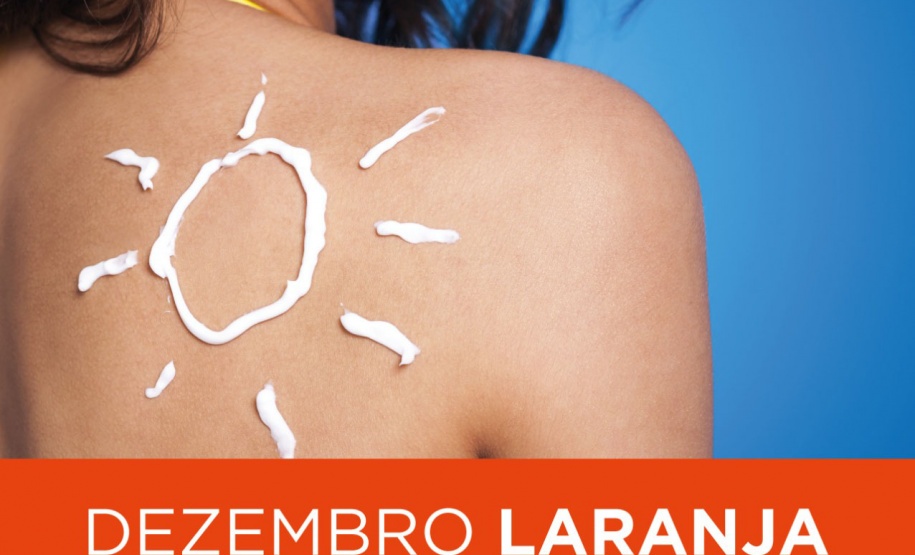December is synonymous with the onset of summer, sun, hot days and also bringing the population’s attention to skin cancer through the Orange Orange campaign. The aim of this action is to raise awareness about this disease, which is one of the most common in Brazil.
The Ministry of Health is monitoring cases in Parana and warning of an increase in oncology surgeries for skin cancer, which have risen from 3,146 in 2020 to 3,414 this year (as of November). In outpatient care, the increase was largest, approximately 27.4%, from 635 to 809. Data are from the Outpatient Information System (SIA) and Hospital Information System (SIH), for the Unified Health System.
“Alert the population is essential. Both types of cancer have high cure rates if caught early, hence the importance of maintaining habits that will help prevent disease. In 2020, with the spread of the epidemic, many people have stopped About looking for health services. This year they started to go back for the checks and consultations that they stopped doing,” warned the Minister of Health, Beto Prieto.
The disease results from the abnormal and uncontrolled growth of the cells that make up the skin. Cancer in this organ can be divided into two types: melanoma and non-melanoma. The first is rare and can lead to death, while the second, which is also a malignant tumor, is more common in men and women. Despite the low mortality rate, the patient can be left with signs or abnormalities in the body.
symptoms
Symptoms of the disease are spots on the skin, blemishes or signs of itching, burns, crusting or bleeding, and wounds that do not heal for up to four weeks.
diagnose
When observing some of these changes, it is very important to seek the health service, where the clinical examination and diagnostic investigation will be carried out. Paying attention to your body and observing the appearance or growth of spots and marks on the skin can help with early diagnosis.
According to Regani Christina Teixeira Tabote, chief of attention to oncology at the state Department of Health (Sesa), it is very important for people to watch, monitor, and notice if there are changes in the skin. “The last month of the year marks the December campaign of Orange, which reminds us to look carefully at the body’s largest organ: the skin,” he said.
Care
Two of the main precautions are to avoid excessive exposure to solar radiation, especially between 10 am and 4 pm, and to use sunscreen. But there are other situations that can help reduce the number of cases, such as:
Wear hats, T-shirts, sunglasses, and sunscreen.
Cover exposed areas with appropriate clothing, such as a long-sleeved shirt, pants, and a wide-brimmed hat.
– Avoid exposure to the sun.
On the beach or in the pool, use tents made of cotton or canvas, which absorb 50% of UV rays. Nylon tents form an unreliable barrier: 95% of ultraviolet rays penetrate the material.
Use sunscreen on a daily basis, not just for fun or entertainment.
Use a product that protects against both UVA and UVB rays and has an SPF of at least 30. Reapply every two hours or less for outdoor recreational activities. When using the product on a daily basis, apply a good amount in the morning and reapply before going out for lunch.
Check your skin regularly, looking for suspicious spots or blemishes.
Keep children and infants away from the sun. Sunscreens can be used from six months.
Workers exposed to direct sunlight should double their skin care.
Fonte: AEN

“Wannabe internet buff. Future teen idol. Hardcore zombie guru. Gamer. Avid creator. Entrepreneur. Bacon ninja.”

